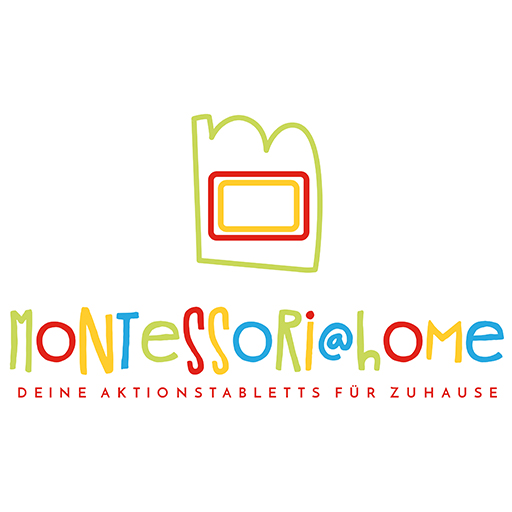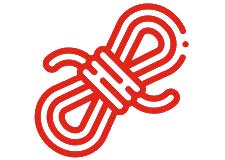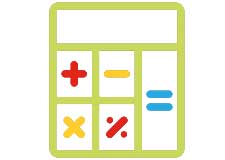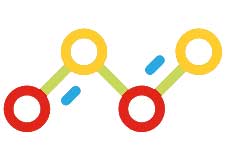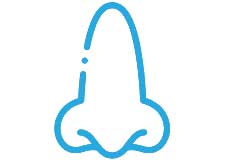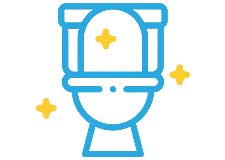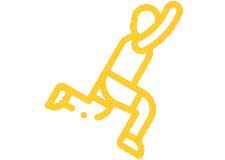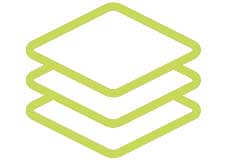
Montessori – What is this?
Maria Montessori was one of the first female doctors in Italy in the early 20th century and revolutionized educational theory with her theory that children have an innate drive to learn things. From this point of view, she developed her unique and all-encompassing pedagogical approach, based on developmental psychology, which quickly spread throughout the world, addressing all social classes and different cultures.
Her pedagogy is more important today than ever. It focuses not only on the learning content, but also on the enthusiasm, pleasure, curiosity and, above all, individuality of each child.
Montessori and conventional pedagogy.
A comparison.
Pedagogy as we normally know it means that a teacher stands in front of the class, decides what the children need to learn and teaches them what they need to know. Moreover, all children learn the same thing at the same time.
Montessori education is completely different. Here the child develops his own learning and is supported by the environment and the adult.
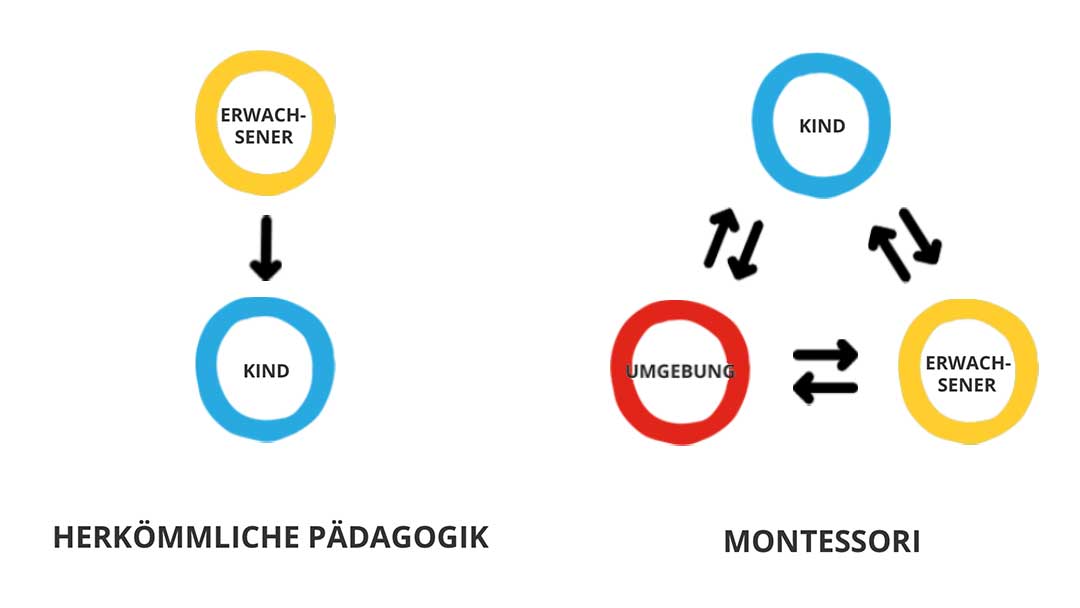
In the process, he or she develops his or her own learning pace and interests. The materials are arranged according to difficulty and the teacher observes the child. The teacher guides the child to the next material when he or she seems to have mastered the current one.
The secret of success.
Maria Montessori believed that every child has a natural need to learn. According to her, children are curious by nature and feel great joy in discovering new knowledge and subsequently deepening it.
The task of us as parents or educators is to uphold this fundamental need, to encourage it and thus to offer the child new opportunities every day to satisfy its never-ending thirst for knowledge and to constantly feed it with new things.
The secret of success is to intelligently stimulate the child’s imagination, thereby awakening his or her interest and allowing the seeds we have sown in his or her mind to sprout.
For this, we can offer the child the widest possible bandwidth of knowledge and an opening of the world by strengthening his/her natural enthusiasm for his/her environment, thus developing the foundation for a diverse potential. Accordingly, the objective of Montessori education is not to cram the child with facts, but to promote his/her natural and, especially, own desire to learn on a daily basis. This is exactly the point where we can support the child at home in many different ways. We, from Montessori@Home, focus here on the so-called action trays.
Help me to help myself.
Following the Montessori guiding principle “Help me to help myself” and the natural desire to learn, the action trays set in. They help the child learn confidence in him or herself, self-reliance and independence. Little by little, step by step, the child learns to do it on his/her own. Children are born to learn and want to become independent. They learn to stand up, although they fall over again and again, they learn to walk, despite falling down many times. They try again and again in a supportive environment. The same is true for all other skills, such as speaking, calculating, reading and writing. And we can positively influence the appropriate environment, with the help of Montessori education.
The sensitive periods.
Children do not learn all skills at the same time. There are different times in the first years of life when children learn certain skills more easily. These phases depend on age and are called sensitive phases. Here is an overview of the sensitive phases and at what age the window is open in the child’s mental development for these skills.
Regarding the phases, it should be noted that a child can learn the corresponding skills not only within the specific period, it just means that a child can acquire them by far the easiest within the corresponding period. So, if a phase is “missed”, it is by no means impossible for the child to acquire this competence, it is just not as easy anymore.
All of the activity trays that you can find on our site have been categorized into different types of activities and different ages, making it easier for you to find suitable trays for your child within the appropriate phase.
